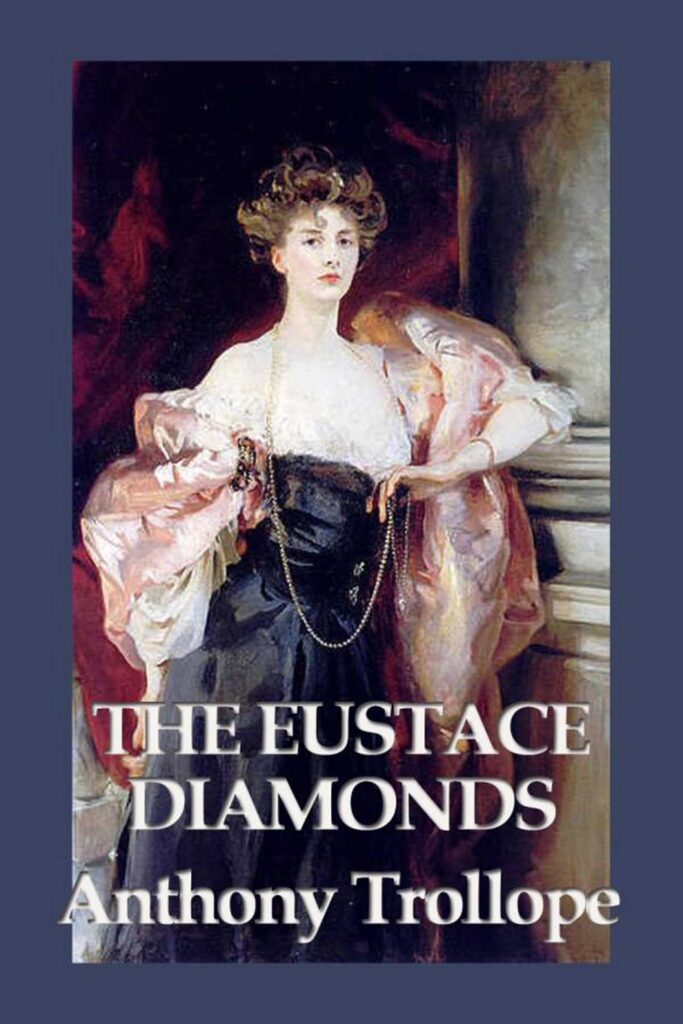Note: If you wish to receive, via e-mail, (1) my weekly newsletter or (2) daily copies of these posts, notify me at rrbates1951@gmail.com and indicate which you would like. I promise not to share your e-mail address with anyone. To unsubscribe, send me a follow-up email.
Wednesday
Our day-long car trip to and from our 50th Carleton reunion felt considerably shorter as we listened to the entirety of Anthony Trollope’s Eustace Diamonds. Last week I compared the scheming Lizzie Greystock’s determination to hang on to a diamond necklace to Donald Trump’s equally firm resolve to hold onto documents to which he had access while president. The major difference is that Lizzie may well have a right to the diamonds—the lawyers are unclear—whereas U.S. laws clearly state that the White House documents do not belong to Trump.
Both Lizzie and Trump share a similar relationship to truth, however. In fact, Lizzie is such a liar that she chooses her second husband based on his own penchant for lying:
She liked lies, thinking them to be more beautiful than truth. To lie readily and cleverly, recklessly and yet successfully, was, according to the lessons which she had learned, a necessity in woman and an added grace in man.
Only Lizzie does not call them lies. Fortunately for her, when the police major catches her committing perjury—she claims that he diamonds have been stolen when in fact only the box has been stolen, the diamonds having been hidden under her pillow—he provides her with a euphemism to make it easier for her to confess: she has given “an incorrect version of the facts.” Here’s their interchange after Major Mackintosh tells her what she can expect in the witness box:
“They will ask you to tell the truth.”
“Indeed I will do that,” said Lizzie,—not aware that, after so many lies, it might be difficult to tell the truth.
“And you will probably be asked to repeat it, this way and that, in a manner that will be troublesome to you. You see that here in London, and at Carlisle, you have—given incorrect versions.”
“I know I have. But the necklace was my own. There was nothing dishonest;—was there, Major Mackintosh? When they came to me at Carlisle I was so confused that I hardly knew what to tell them. And when I had once—given an incorrect version, you know, I didn’t know how to go back.”
“Incorrect version” becomes Lizzie’s preferred phrase from then on.
This puts her in a group with Kellyanne Conway, the senior counsel to Donald Trump who coined the phrase “alternative facts” to pump up attendance numbers for Trump’s inauguration and to speak about a “Bowling Green massacre” that never occurred. In his famous essay “The Politics of the English Language,” George Orwell cites such corruption of language as the means by which people “defend the indefensible.”
Lizzie and Kellyanne would be best friends.
Further thought: Lizzie also uses Trump’s delaying tactics, along with his practice of multiple, contradictory explanations, to defy a witness subpoena. The justice system finally gives up on her, which it so happens is how Trump has escaped accountability in the past.
Oh, and like Trump with his boxes of documents, transported between his Florida and New Jersey resorts, Lizzie insists on carrying her diamonds with her.


